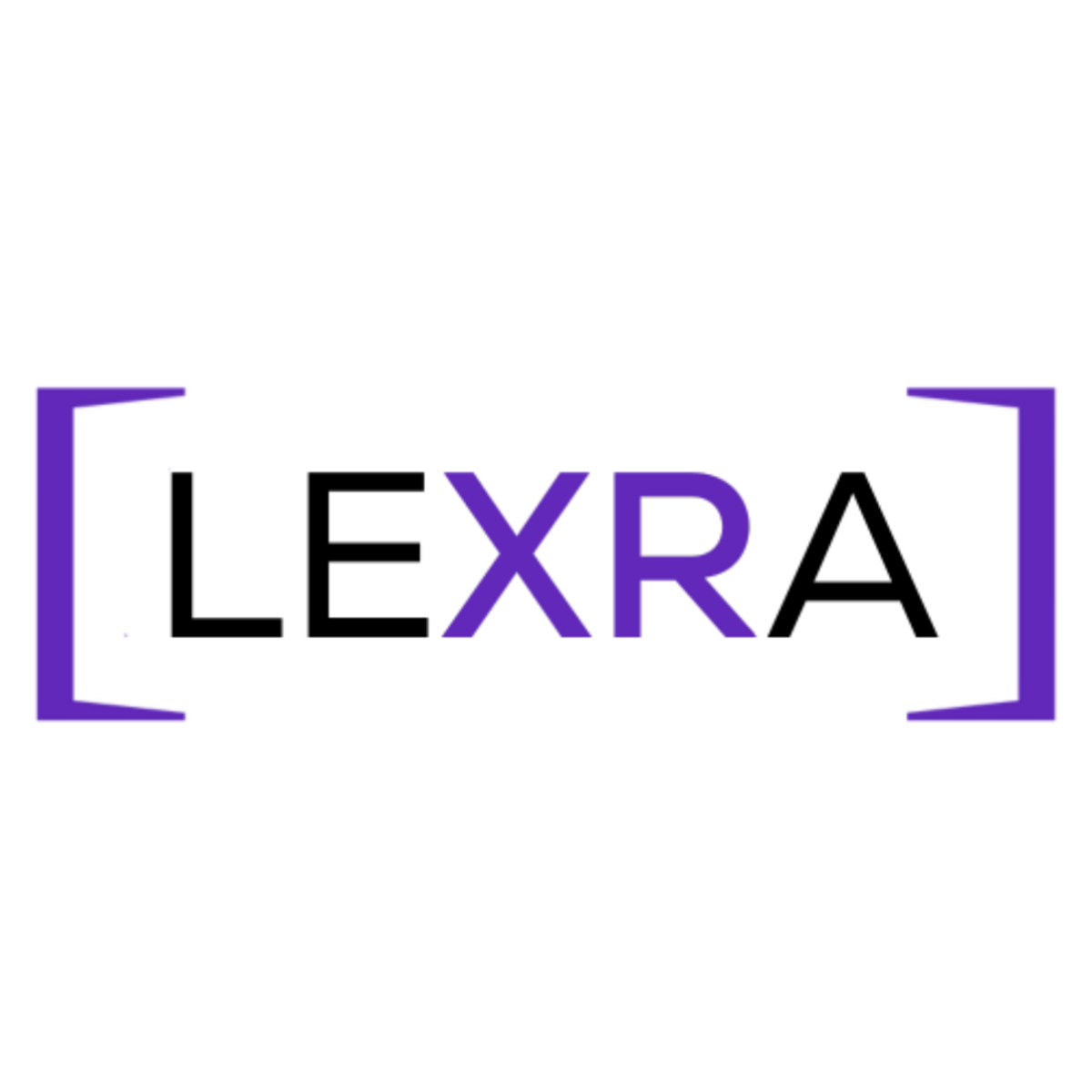
Social VR? Yeah, it’s a thing. The biggest VR games are social. Both in the LBE and consumer markets. Don’t believe all the media BS about VR being dead. It’s growing faster than you think.
"Gorilla Tag Shows us the Future...”
One Big Thing

One of the disparaging comments lobbied at virtual reality technology is that it’s isolating. People who don’t do VR see it as a lone experience where you submit yourself to a virtual world and leave behind the “real world” and all its inhabitants.
While plenty of single-user immersive experiences isolate people, the trend in virtual reality, both in the consumer and location-based entertainment markets, is to create social VR experiences. The power of virtual reality isn’t just total immersion. It creates a strong and persistent sense of presence. What do I mean by presence?
When you’re in a VR environment with others whose avatars are responding to their movements, even if they’re cartoon characters, you get the sense they are there with you. You feel their presence. And depending on the experience, you can feel a connection. I was dubious about this happening until we had photorealistic avatars. But then I met people in long-distance relationships who were having sex in VR as avatars. And I watched the HBO documentary We Met in Virtual Reality, about the unique communities within VR Chat, a multiplayer virtual reality platform. It reveals the growing power and intimacy of relationships formed in the virtual world.
I’ve long said the killer app for VR will be virtual telepresence.
But until then, we have Gorilla Tag.
Gorilla Tag is the hottest game in virtual reality. It has 1 million daily active users, over 3 million monthly active users, and over 10 million lifetime players. In less than two years, it's generated over $100 million in revenue. In the game, players become a “Monke” and use VR’s hand tracking feature to climb trees, swing from vines, jump, and run. Players can customize their avatars with in-game currency. There are four basic multiplayer modes, and new features are constantly added.
Gorilla Tag’s simple gameplay mechanic is credited with much of its early success. But its social features are turning it into the Fortnite of virtual reality. It’s been called the preferred virtual hangout for Generation Alpha. Let me read that to you again.
It’s been called the preferred virtual hangout for Generation Alpha (kids born starting in 2010.)
Generation Alpha is the first virtual natives. They’re growing up with the idea of virtual reality. It’s the largest generation in human history, and there are already 2 billion on the planet.
The developer, Another Axiom, is already working on its next game. And they’re doubling down on social games. It’s called Orion’s Drift, and it will use the same arm-swinging locomotion of Gorilla Tag, but with a sports bent. Players will be customizable robots in a futuristic sports arena. At least 200 players will be in each arena simultaneously.
Kerestell Smith, founder of Gorilla Tag, was quoted as saying,
"What people get out of the social connections, the togetherness, the feeling that you are present with an actual other human being, even when these extreme distances separate you...that is so powerful, and people want that so deeply that I think the success of VR is inevitable."
Another Axiom’s COO, Andrew Yee, said at the recent AWE conference, “The narrative about VR has been that it is in decline. But we want to stress that VR is actually in a healthy space right now. People don’t talk about it. I think the absence of data is the reason for that.” Yee said.
In a vacuum, the media will create the worst narrative possible. (Actually, they seem to create shitty narratives even with data.) However, companies working in the VR industry know that the trends are positive. Facebook is not dumb. They continue to invest billions a year. Apple too. And Qualcomm, Google, and others.
Making games is hard. Building profitable game companies is harder. The hardware platform almost doesn't matter. Console, PC, mobile, or VR…it’s all hard. But when console game developers shut down, nobody writes a story that console gaming is dead. For some reason, when VR companies make the same moves, the narrative reflects on the VR part. But the players are coming out in droves.
“VR players aren’t the same as 4 or 5 years ago; younger generations are playing VR, and they prioritize playing with their friends while doing silly things rather than having a hardcore multiplayer experience.”
Virtual reality represents a shift to a new computing paradigm. Unlike the shift to mobile, it’s starting with the youngest generation. And those 2 billion kids are your customers. Pay attention.
To stay on top of the world of virtual reality and it’s applications in the location-based entertainment industry, come to the VR Arcade and Attraction Summit, March 17-18th in Las Vegas. It’s part of the Amusement Expo International education program.
New Developments
It was a slow news week this week this week. Look for the latest news updates next Monday including some new games coming to IAAPA, a new VR group at Disney Parks, and more.
In the meantime, join the VR Collective Circle Community and get connected to the most engaged group of location-based VR operators, suppliers, and experts in the world. It’s super cool. I promise.
This is the best after hours event of IAAPA. And I have exclusive tickets. Hit me up in the VR Collective Circle for more info.

Want to Drive More Sales?
This newsletter is read by up to 10,000 people every week.
Reach the most interested and engaged VR operators.
Get More Information
Did someone wonderful send this newsletter to you?
Subscribe here - and give them a hug from us! 🤗




